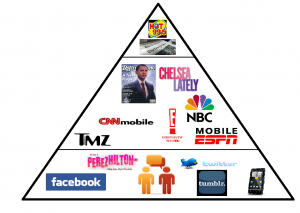In honor of Valentine’s Day Mashable.com has decided to celebrate by creating the Top 8 Tips for Keeping Your Laptop Healthy and Happy. Some of these tips may seem like common sense knowledge of owning a computer, but with the piece of technology that holds the key to the internet as well as all of your valuable documents it’s better to be safe than sorry!
The tips are listed as:
- Clean it up
- Practice proper shutdown habits
- Protect your investment
- React to spills immediately
- Keep it out of the trunk in all climates
- Use kosher cleaning products
- Recycle properly
- Create a productive environment
These tips may seem trivial, but when it comes to your laptop you have to take proper care of it. For example, when mashable refers to “use kosher cleaning products” in tip#6 you can’t just spray windex on your computer screen, you have to use the good stuff. Whenever you use your computer it has to be with proper care.
I’ve learned the hard way. If you don’t protect and care for your laptop it won’t work for long. So use mashable.com’s easy tips and your computer will work like new.


